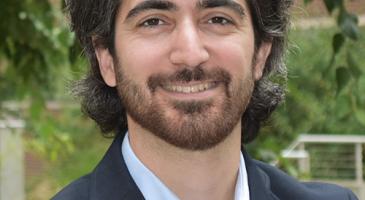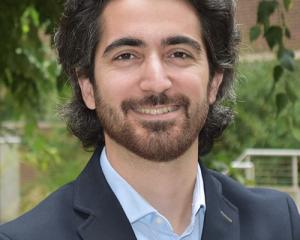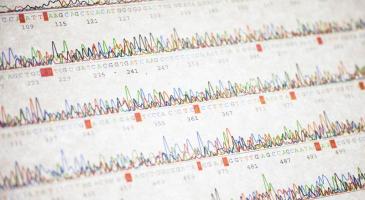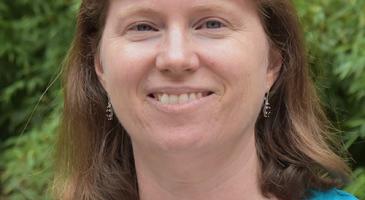Marco Carone, an assistant professor of biostatistics and the Norman Breslow Endowed Faculty Fellow at the University of Washington School of Public Health, recently received a $2.7 million research grant from the National Institutes of Health to develop novel statistical tools to more effectively describe the health effects, both intended and unintended, of common medical therapies using data from electronic health records (EHRs).
In the News




Studies by Sarah Nelson (PHG, PhD ’18), a research scientist with the Genetic Analysis Center in the Department of Biostatistics, are cited in a recent Nature News article about a controversial third-party interpretation app based on a genetic study of same-sex sexual behavior. “While the app has since been taken down, it portends a growing trend for app developers to prematurely roll out potentially sensitive science in the interest of interpreting individual genomes,” says Nelson.


UW Biostatistics faculty and Fred Hutch researchers Ross Prentice and Garnet Anderson contribute to this article addressing questions surrounding dietary fat and health


UW Research Professor of Biostatistics Sharon Browning comments on new work from the lab of UW professor of Genome Sciences Evan Eichler.


"When we have positive results, we tend to believe them whether or not we understand the mechanism. If we have a negative result, then we say it's by chance. It's an easy way out," said UW Professor of Biostatistics Susanne May, one of the dissenting votes on the FDA panel.


Read about the new Hans Rosling Center for Population Health which will house Biostatistics faculty, students and administrative staff when it opens in fall 2020.


A new mathematical model developed at North Carolina State University in partnership with Assistant Professor of Biostatistics Amy Willis from the University of Washington is profile in this story. Their work highlights a new calibration tool they developed that shows how bias distorts results when measuring bacterial communities through metagenomic sequencing.


A new study conducted by researchers from the Fred Hutchinson Cancer Research Center found that women who follow diets that are low in fat can yield serious health benefits over time, including preventing the onset of serious diseases. “The [Women’s Health Initiative’s] Dietary Modification Trial has provided women with nutrition and disease prevention insights for some years,” said Dr. Ross Prentice, Fred Hutch researcher and UW Professor of Biostatistics.